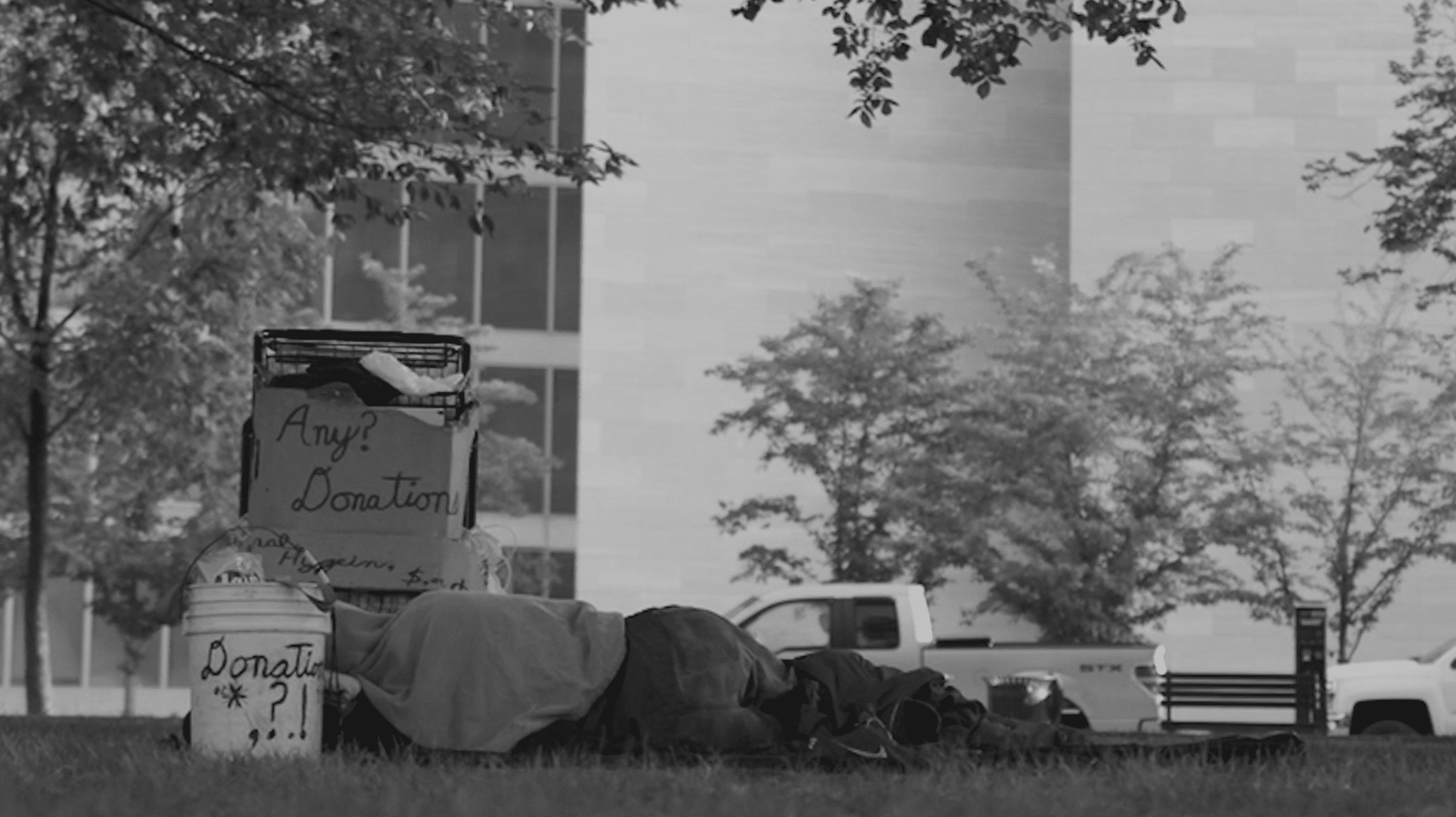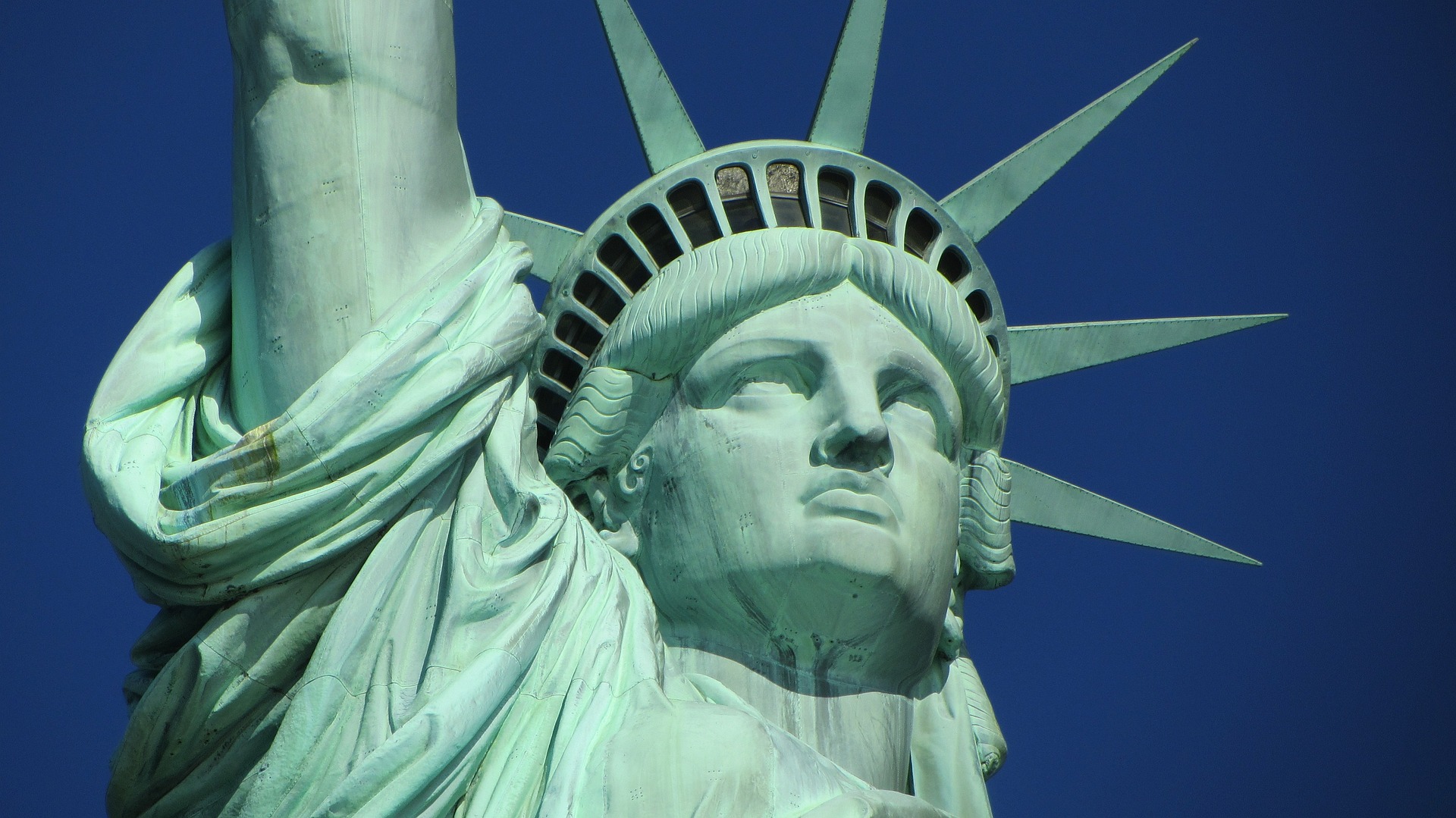How Project Community Connect is Changing the Narrative Around Unhoused and ALICE Communities
Oct 15, 2021

For many National Capital Area residents living one paycheck away from experiencing homelessness, one event can turn their entire lives upside down. For community member Aimee*, her journey to becoming unhoused began almost 14 years ago. Battling substance abuse, addiction and other health issues, Aimee sought out help through a rehabilitation facility, and now, has been clean for 13 years. But, for Aimee, part of becoming sober was experiencing homelessness.
It was in the middle of her sobriety when things took a downward turn: “While in sobriety, when doing what I thought was all the right things, was when I ended up homeless,” shares Aimee.
Following her time at the rehabilitation facility, Aimee and her daughter lived at a family shelter for five months. After navigating multiple health issues—including a cancer scare—Aimee was unable to go to work regularly, being left unable to pay rent. “Life got in the way; illnesses, not having paid leave and getting sick … Being off work for two or three weeks can make you lose a lease, you can lose your car … all those things happened. That’s where we ended up.” It had been nearly four years after completing her time at the rehabilitation facility and being sober that Aimee and her daughter ended up without a home.
She soon found herself in luck when she and her daughter found a home through a housing program, where they stayed for four years. It was then that Aimee’s name would appear through the U.S. Department of Housing and Urban Development’s Housing Choice Voucher Program list—a federal program designed to assist “very low-income families, the elderly and the disabled to afford decent, safe and sanitary housing in the private market,” according to the program’s website. Soon after, Aimee was able to move her and her daughter into a more-permanent housing situation.
Aimee’s story is only one out of thousands of community members in the National Capital Area at risk of or experiencing homelessness. The possibility of missing one day of work resulting in becoming unhoused is a reality for many in the region who make up the Asset Limited, Income Constrained, Employed (ALICE) population, those who are working but unable to afford basic needs.
Having previously worked in victim services and disaster preparedness, Aimee’s two biggest hopes in sharing her story of being unhoused is to change the narrative about those who are experiencing homelessness and to ensure that people everywhere have the support and resources they need to thrive.
“We need to change the stigma of homelessness and the stereotype of people being mentally ill,” Aimee says. “That’s not always the case. They may be doing the work—going to therapy, going to meetings, getting clean and sober—and they’re still in a shelter or they’re still in the front of it.”
She continues: “It doesn’t matter how intelligent you are or how many times you’ve been in a situation … or even with my background in crisis response—when you’re the one in crisis, your brain doesn’t work that way. You’re not necessarily able to separate your emotions enough to really identify the resources that you need and to take advantage of that.”
Years later, now working full-time at a jewelry store and continuing to support her daughter as a single mother, Aimee reflects on the kind of supports she could have benefitted from during her own journey. “Having someone that you can talk to that can help you with identifying the resources, slowing you down and trying to help you navigate your own crisis is really important,” she shares.
It is stories like Aimee’s—one of thousands—that propels United Way of the National Capital Area’s work toward creating a more equitable region for all community members. United Way NCA’s Project Community Connect, now in its seventh year, taking place Oct. 18 to 23, provides much-needed resources to those at risk of or experiencing homelessness, as well as the ALICE population.
“When I think about Project Community Connect, I wish that I had known about some of the resources and services [when I was experiencing homelessness],” Aimee says. “The more information you can get to people who are going through this stuff, the better, so that people know what they’re up against. These workshops get information to people to try to help them navigate and let them know what’s out there, because it’s a really hard thing to do on your own when your brain is in survival mode.”
While the ongoing pandemic has exponentially grown the disparities and inequities in our region, Aimee has seen the possibility of what can be: “I think [the pandemic] gave everybody a look at what it would look like if they didn’t have their jobs right now … I see people trying to be kinder, being more empathetic. I hope we continue to see that.”
What is Project Community Connect?
United Way NCA’s annual Project Community Connect focuses on achieving equity for all community members, regardless of race, gender, income, ability or zip code. This year, the event will be held from Oct. 18 to Oct. 23, and will provide essential services to those at risk of or experiencing homelessness, as well as the region’s Asset Limited, Income Constrained, Employed population. ALICE represents the growing number of individuals and families who are working but are unable to afford basic necessities.
Project Community Connect brings much-needed resources to individuals and families across the region through in-person resource-kit deliveries and virtual workshops focusing on things like starting a business, budgeting during a crisis, food access and much more.
You can support this year’s Project Community Connect as a donor, volunteer or attendee.
To learn more about how United Way NCA is achieving a more equitable future, visit unitedwaynca.org/get-involved and join the movement!
And, don’t forget to follow us on Facebook, Twitter, Instagram and LinkedIn to stay connected.
When none are ignored, all will thrive.
*Last name has been omitted out of respect for Aimee’s privacy.
About United Way of the National Capital Area
United Way of the National Capital Area improves the health, education and economic opportunity of every person in the National Capital community. United Way NCA has been improving lives by creating measurable impact in the District of Columbia, Northern Virginia, and Montgomery and Prince George’s counties for more than 45 years. In 2020, United Way NCA was among 384 organizations across the United States to receive a generous transformational investment from novelist and venture philanthropist, MacKenzie Scott. For more information about United Way of the National Capital Area, visit UnitedWayNCA.org.




